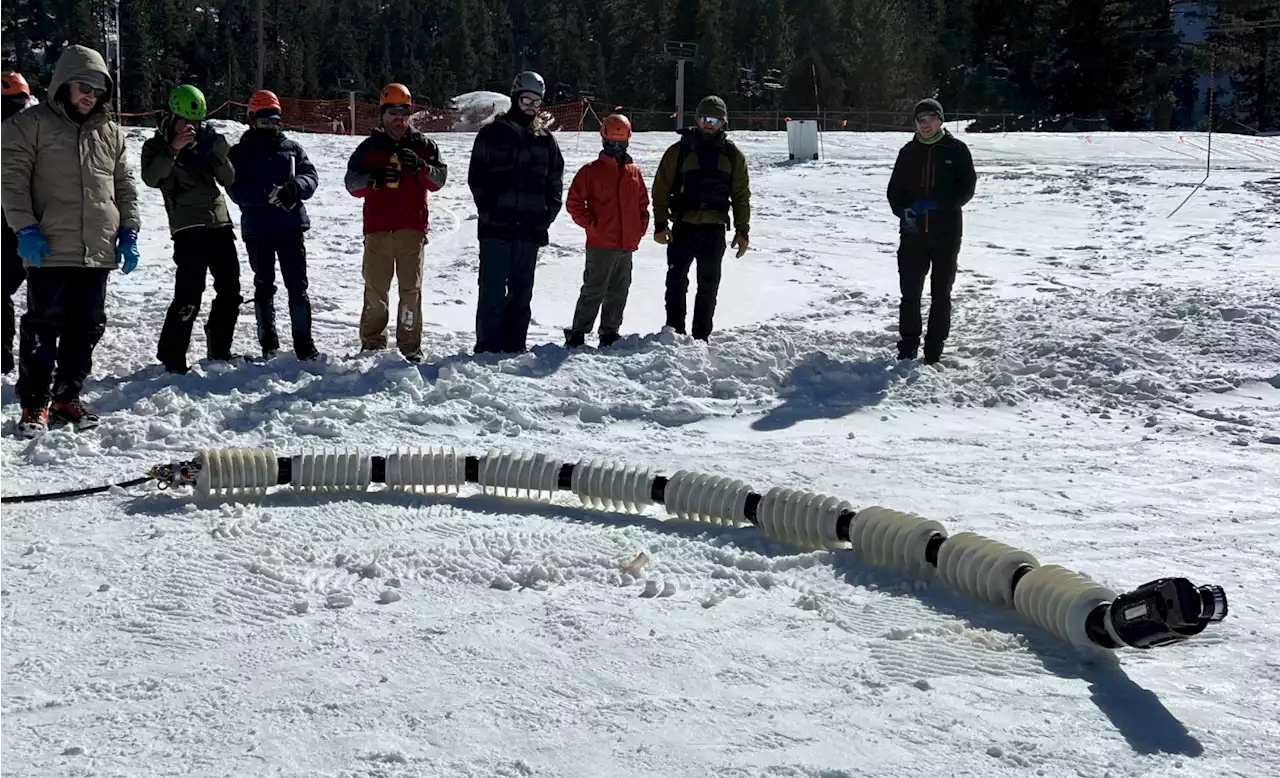These snake-shaped robots, called EELS, could one day explore the subsurface ocean of Saturn's moon Enceladus in search of life.
These serpentine robots, named EELS , are being tested by NASA's Jet Propulsion Laboratory as a potential explorer of Saturn's icy moon Enceladus.
Despite these seemingly inhospitable conditions, data gathered by NASA's 2005 Cassini mission found that huge amounts of water and gas spurt out of the planet's surface at immense speeds—around 800 miles per hour—sending plumes of its innards into space. Illustration of the Exobiology Extant Life Surveyor concept. These robots are being tested to go to Saturn's moon EnceladusIt is hoped that an EELS will be a good candidate to explore Enceladus due to its ability to navigate all kinds of terrain, including deep crevasses and underground oceans.
NASA engineers have therefore designed the EELS to be able to sense its own environment using cameras and lidar—a form of laser-based sonar that builds up 3D maps of an environment—and travel according to the risks it has determined,
United States Latest News, United States Headlines
Similar News:You can also read news stories similar to this one that we have collected from other news sources.
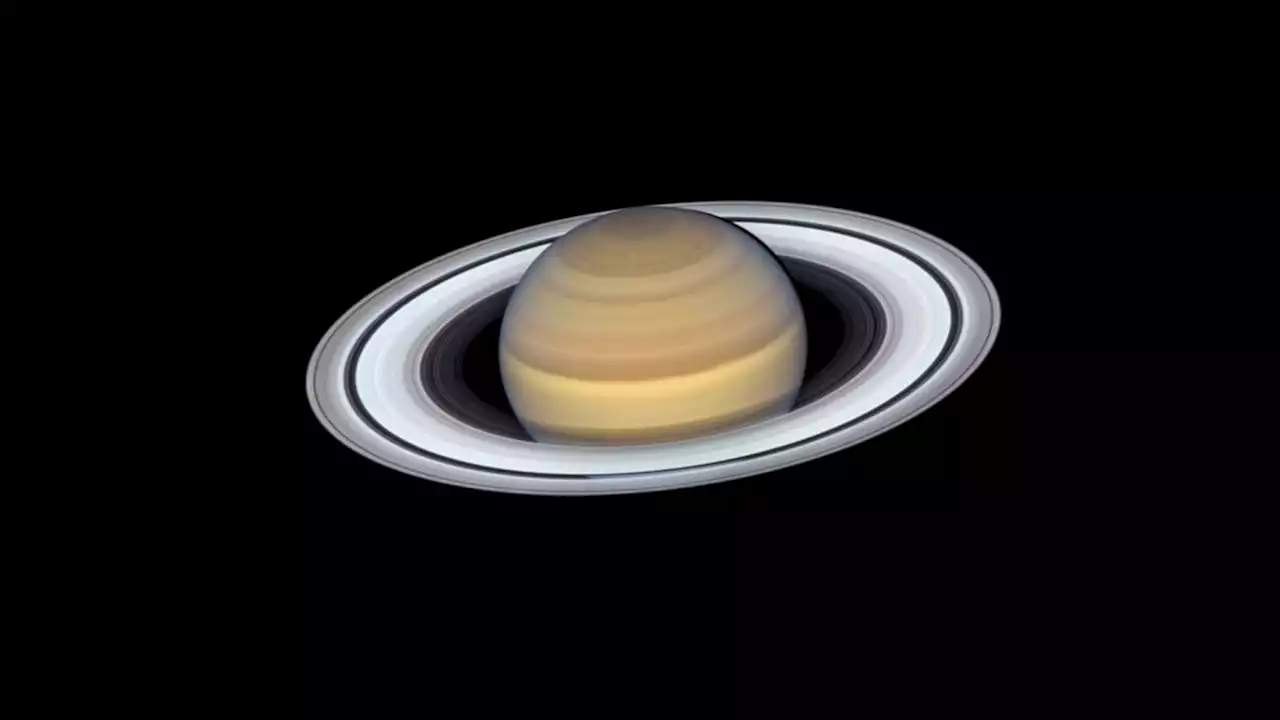 Saturn's rings are much younger than we thoughtCompared to the planet, Saturn's rings are a relatively new phenomenon.
Saturn's rings are much younger than we thoughtCompared to the planet, Saturn's rings are a relatively new phenomenon.
Read more »
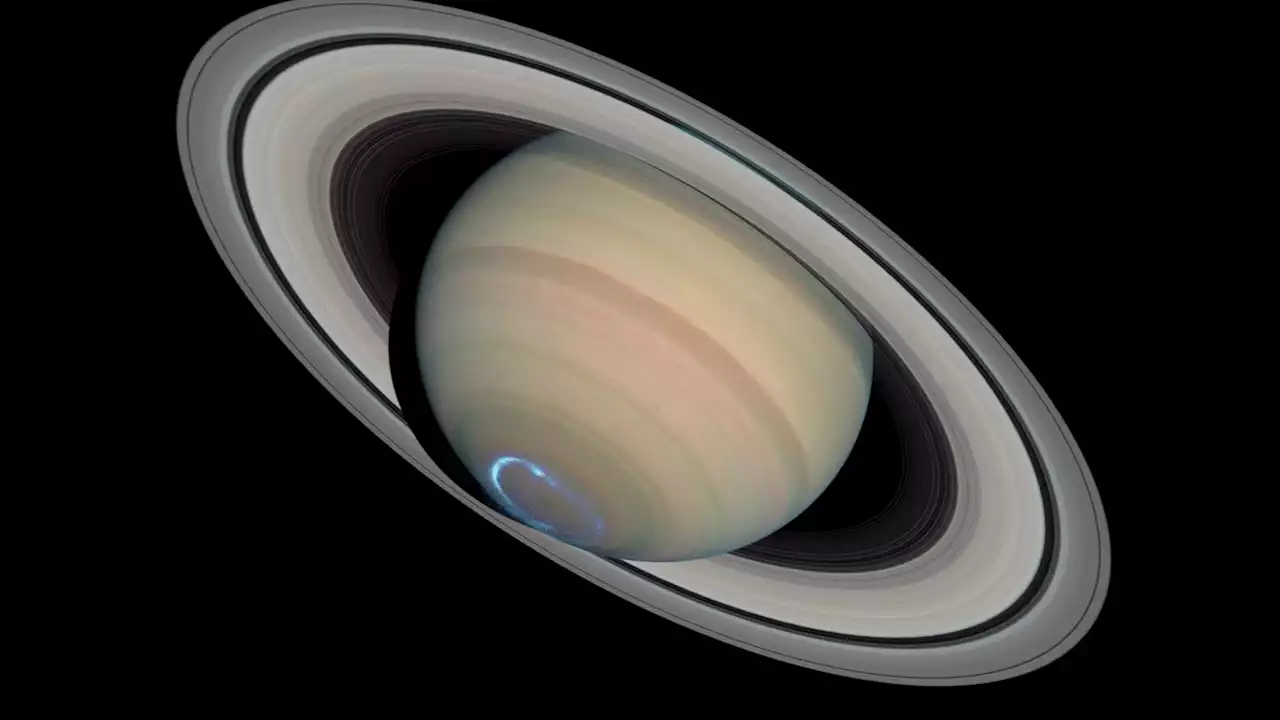 Put a Crown on It: Saturn Shatters Jupiter's Record for Most MoonsAstronomers said in February that Jupiter had the most moons with 92, but now Saturn is stealing the title back.
Put a Crown on It: Saturn Shatters Jupiter's Record for Most MoonsAstronomers said in February that Jupiter had the most moons with 92, but now Saturn is stealing the title back.
Read more »
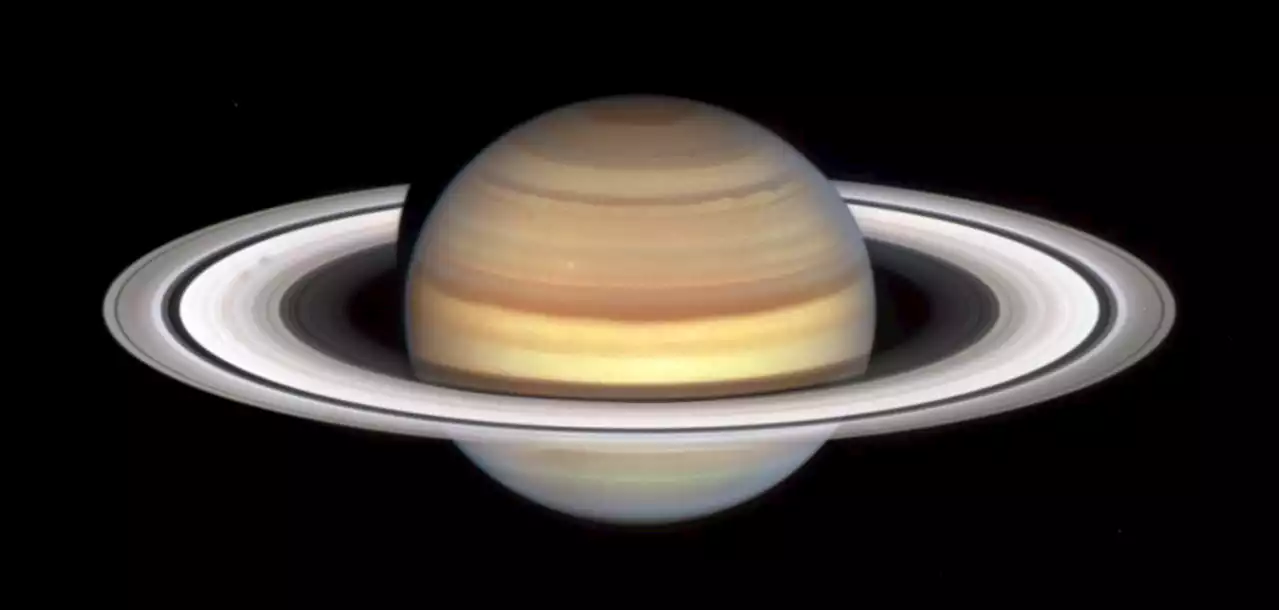 62 New Moons Found for SaturnThey're tiny, and they're irregular, but they're still moons and their discovery puts Saturn back in the lead over Jupiter for most moons.
62 New Moons Found for SaturnThey're tiny, and they're irregular, but they're still moons and their discovery puts Saturn back in the lead over Jupiter for most moons.
Read more »
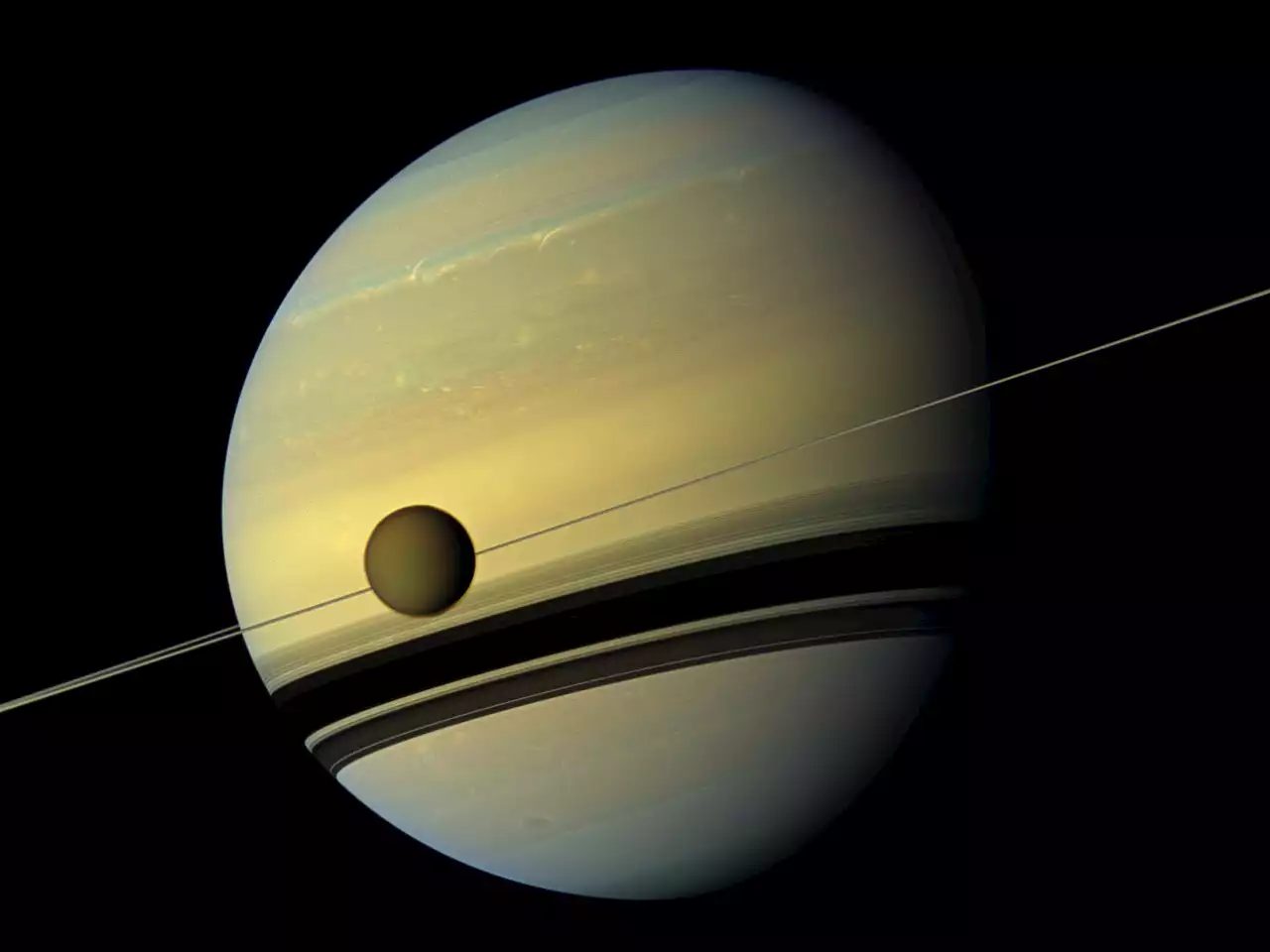 What Cassini's 'Grand Finale' Taught Us About Saturn's InteriorThe Cassini spacecraft's last few orbits and final plunge revealed a wealth of information about Saturn's interior.
What Cassini's 'Grand Finale' Taught Us About Saturn's InteriorThe Cassini spacecraft's last few orbits and final plunge revealed a wealth of information about Saturn's interior.
Read more »
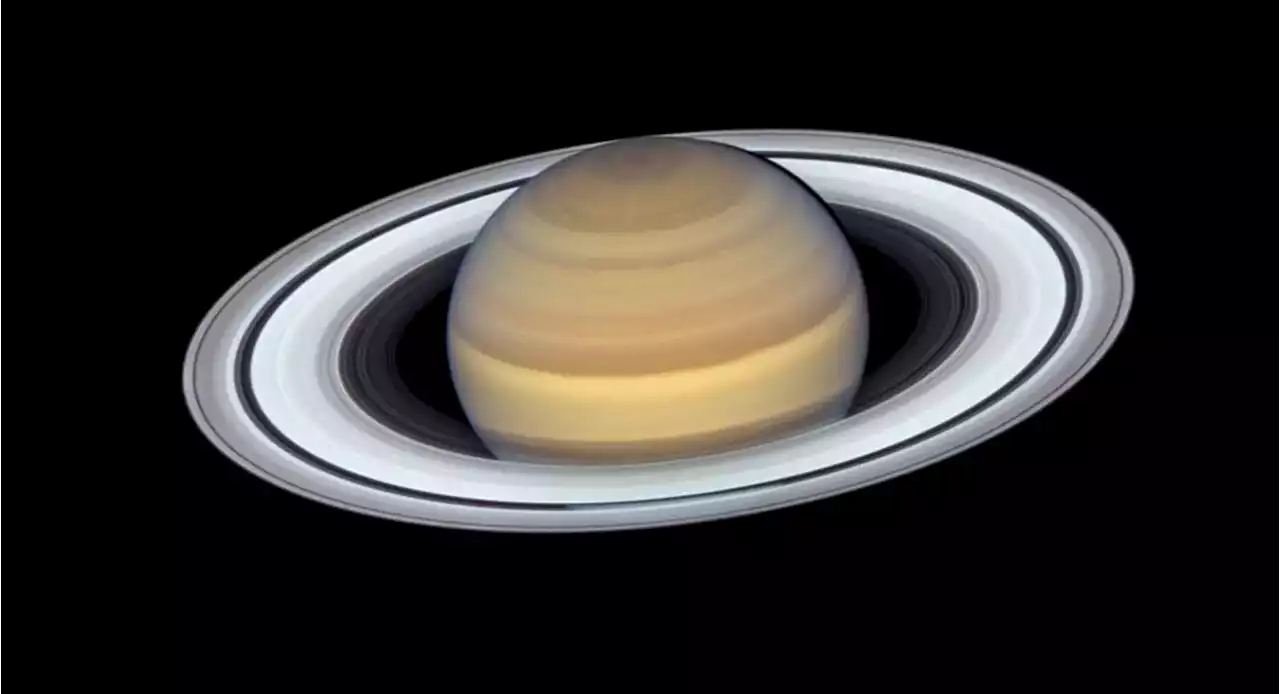 62 New Moons Discovered Orbiting Saturn Using Innovative AstronomyAn international team of astronomers has found 62 new moons around Saturn using an innovative technique. These irregular moons contribute to Saturn's total moon count of 145, surpassing Jupiter, and provide insights into the planet's moon system's collisional history. The work of an international
62 New Moons Discovered Orbiting Saturn Using Innovative AstronomyAn international team of astronomers has found 62 new moons around Saturn using an innovative technique. These irregular moons contribute to Saturn's total moon count of 145, surpassing Jupiter, and provide insights into the planet's moon system's collisional history. The work of an international
Read more »
